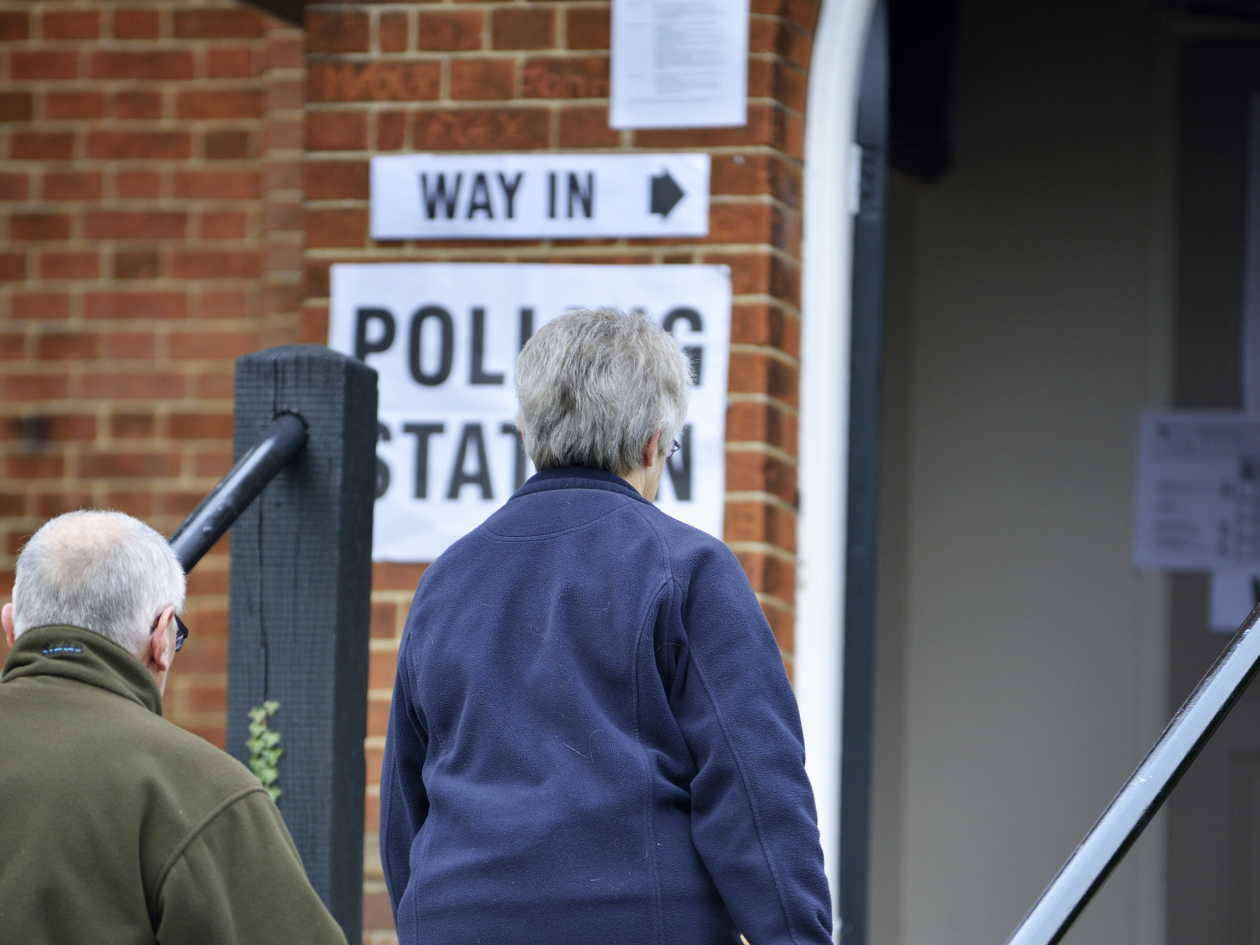New research led by experts from The University of Manchester, the University of St Andrews, the University of Essex and the University of Nottingham suggests that people from ethnic and religious minority groups are more likely to be interested in politics than White British people.
The Evidence for Equality National Survey (EVENS) is a major new survey of racism and ethnic inequalities carried out by the Centre on the Dynamics of Ethnicity (CoDE). It polled 14,200 participants between February and October 2021 and asked people to rate how interested they were in politics.
The results could prove pivotal in the forthcoming elections, particularly in light of how the leading political parties are positioning themselves on matters of interest to these groups.
Whilst 60% of White British, White Eastern European and Gypsy/Traveller groups said they were ‘fairly’ or ‘very’ interested in politics, the level of political interest amongst some ethnic and religious minority groups was much higher. For example, the level of political interest was closer to 80% amongst Black African (78%), Mixed White and Black African (78%), Any other mixed background (77%), Indian (77%), Jewish (81%), and White Irish (83%) groups. Just one in three Roma people (31%) said they were interested in politics.
“The relatively high political interest amongst most ethnic minority groups clearly shows that political parties need to seriously engage with the ethnic minority electorate, and their particular needs and concerns” said Dr Magda Borkowska, University of Essex and part of the EVENS research team. “As demographic change means that the population of ethnic minorities will grow, the ethnic minority vote will increasingly matter for election results.”
“Despite many people from ethnic and religious minorities reporting high levels of interest in politics, we also know that society is not addressing the basic equality needs for many people from minority groups,” said Professor James Nazroo, The University of Manchester and part of the EVENS research team. “Our research also found many minority groups were experiencing widespread racism, and unacceptable inequalities in health, housing and employment. Now we have this data, we encourage politicians to use it as a tool for reducing inequality.”
The survey also asked if people had a preference for a particular political party. Around three quarters (73%) of White British people said they preferred a particular political party, alongside 79% of Bangladeshi and Pakistani people, and 80% of Jewish people. Rates were lower for some groups, with 62% of people identifying as Mixed White and Asian, and 63% of people identifying as White Eastern European indicating a party they would vote for. One in three (33%) Roma people indicated a party preference.
“EVENS is the first nationally representative study since 2010 that allows for detailed analysis of political interest and preference in ethnic and religious minority groups,” said Professor Nissa Finney, University of St Andrews and part of the EVENS research team. “The innovative, robust survey techniques used mean we have a larger, more detailed dataset on people from ethnic and religious minority groups living in Britain than ever before.”
EVENS, funded by the Economic and Social Research Council, is the most comprehensive survey of ethnic and religious inequalities in Britain for over 25 years. It is produced in partnership with 13 voluntary, community and social enterprise groups.
Results from EVENS are available in a new open access book Racism and Inequality in a Time of Crisis: Findings from the Evidence for Equality National Survey, which is available in print, e-book and as a free PDF. The book will be launched in Manchester on Friday 12 May and the full dataset will be available here in June 2023.
ENDS
Notes to editors
EVENS is the largest and most comprehensive survey to document the lives of ethnic and religious minorities in Britain during the pandemic. Data collection took place between February and November 2021.
EVENS has a sample of 14,200 participants, of whom 9,700 identify as members of ethnic and religious minority groups, uniquely allowing comparative analyses of their experiences.
This news release focuses on our data political engagement, but the book of the survey findings, and the full dataset cover a wide range of topics including housing, employment, identity and politics, health and socioeconomic circumstances. We welcome enquiries from journalists and editors interested in further stories.
Funding: Economics and Social Research Council (ES/V013475/1 and ES/ W000849/1).
For more information, please contact hazel.burke@manchester.ac.uk.
About the Centre on the Dynamics of Ethnicity (CoDE)
CoDE is the UK’s leading research centre on ethnic, racial and religious inequalities. Led from the University of Manchester in coalition with universities across England and Scotland, our researchers have expertise from subjects including sociology, demography, economics, history, geography, political science, cultural studies, epidemiology and public health.
We work closely with partner organisations in the voluntary and community sector, local and national government, education sector and policymakers to share our research with a wide range of audiences.
